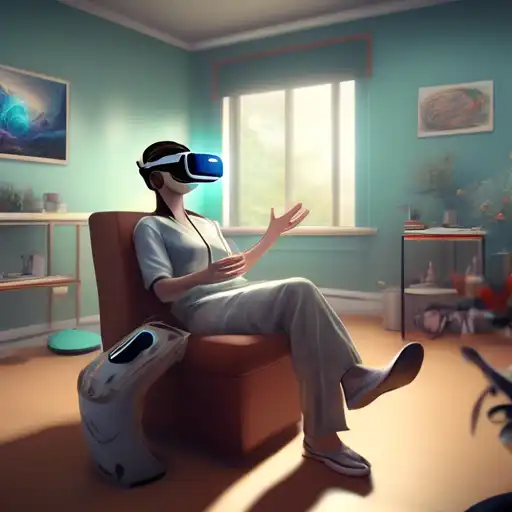The Transformative Power of Virtual Reality in Therapeutic Practices
Virtual Reality (VR) technology has transcended its initial entertainment-centric applications to become a groundbreaking tool in the field of therapy. By immersing patients in controlled, virtual environments, therapists are now able to treat a variety of psychological and physical conditions more effectively than ever before.
Understanding VR Therapy
VR therapy, also known as virtual reality exposure therapy (VRET), leverages immersive technology to simulate real-world environments for therapeutic purposes. This innovative approach allows individuals to confront and work through their fears, anxieties, and traumas in a safe and controlled setting.
Applications of VR in Therapy
The applications of VR in therapy are vast and varied, addressing both mental and physical health issues. Below are some of the most notable uses:
- Anxiety and Phobia Treatment: VR enables patients to face their fears in a virtual space, gradually reducing their anxiety levels.
- PTSD Therapy: Veterans and others suffering from PTSD can revisit traumatic events in a controlled manner, aiding in their recovery.
- Pain Management: VR distracts patients during painful procedures, reducing their perception of pain.
- Rehabilitation: Stroke survivors and individuals with physical injuries use VR to regain motor skills through virtual exercises.
The Benefits of VR Therapy
VR therapy offers numerous advantages over traditional therapeutic methods. It provides a safe environment for exposure therapy, is cost-effective in the long run, and can be tailored to meet the specific needs of each patient. Moreover, the immersive nature of VR enhances patient engagement and motivation, leading to better outcomes.
Challenges and Considerations
Despite its potential, VR therapy is not without challenges. The high cost of VR equipment and the need for specialized training for therapists are significant barriers. Additionally, there is a need for more research to fully understand the long-term effects of VR therapy.
The Future of VR in Therapy
As VR technology continues to evolve, its applications in therapy are expected to expand. With advancements in AI and machine learning, future VR therapy programs could offer even more personalized and effective treatment options. The integration of VR into therapeutic practices represents a promising frontier in mental and physical health care.
For those interested in exploring the intersection of technology and therapy further, consider reading about the impact of AI on mental health or innovative technologies in rehabilitation.
